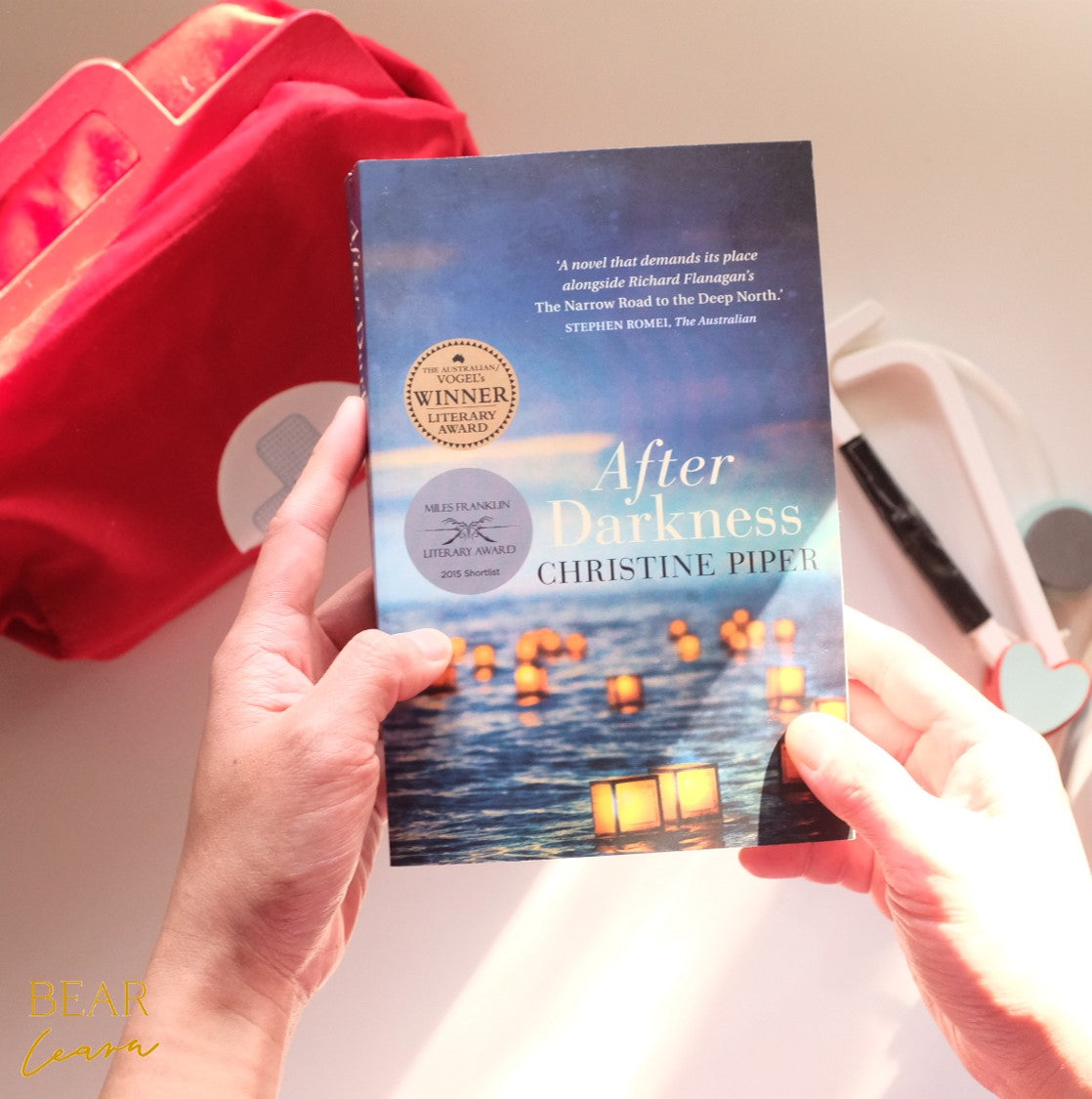My Store
After Darkness Daily Analysis (x Tahnee Dwyer)
After Darkness Daily Analysis (x Tahnee Dwyer)
Couldn't load pickup availability
| 🥳👏 Smart move! The VCE English Exam and your school SAC (School Assessed Coursework) require you to have and explain key quotes from your text. Lucky you've got BEAR Quotes Daily Analysis in your study kit 🚀 |
👀📺 WATCH some of our short quote explanations on YouTube here.
What you're getting
BEAR Quotes Daily Analysis for After Darkness (Christine Piper, published by Allen & Unwin, 2014) - co-authored with Victorian teacher, Tahnee Dwyer
One (1) quote* with a detailed explanation will be sent to your email address daily for at least fifty (50) consecutive days.
*On some days, the ‘quote’ may refer to a form of metalanguage. This means that in addition to literal quotes from the text, this metalanguage or film technique is important to include in essay writing.
Receive BONUS quotes + analysis! BEAR Quotes Daily Analysis is much more than the ordinary study guide.
🙋 WANT the Quotes + Analyses ALL AT ONCE in a digital repository? Add this to your cart!
Text summary from the 2020 VCAA Text List
Christine Piper is a distinguished, prize-winning writer and her first novel, After Darkness, won the 2014 Vogel Literary Award. She also won the 2014 Calibre Essay Prize and was the 2013 Alice Hayes writing fellow at Ragdale in the United States. After Darkness is written in the first person. Ibaraki Tomokazu, a Japanese doctor who is interned in Australia in 1942, tells the story of his life in Japan and Australia. The novel opens in South Australia in 1942. Ibaraki then reveals his story by exploring his life in Tokyo and in Broome before the war.
The text deals with a number of timeless ideas, including friendship, identity, trauma, loss and change. Possibly the most significant is the issue of personal conscience – the conflict every individual faces when confronted with the differences between what they really believe is right and what is held to be right by tradition or society.
Share








